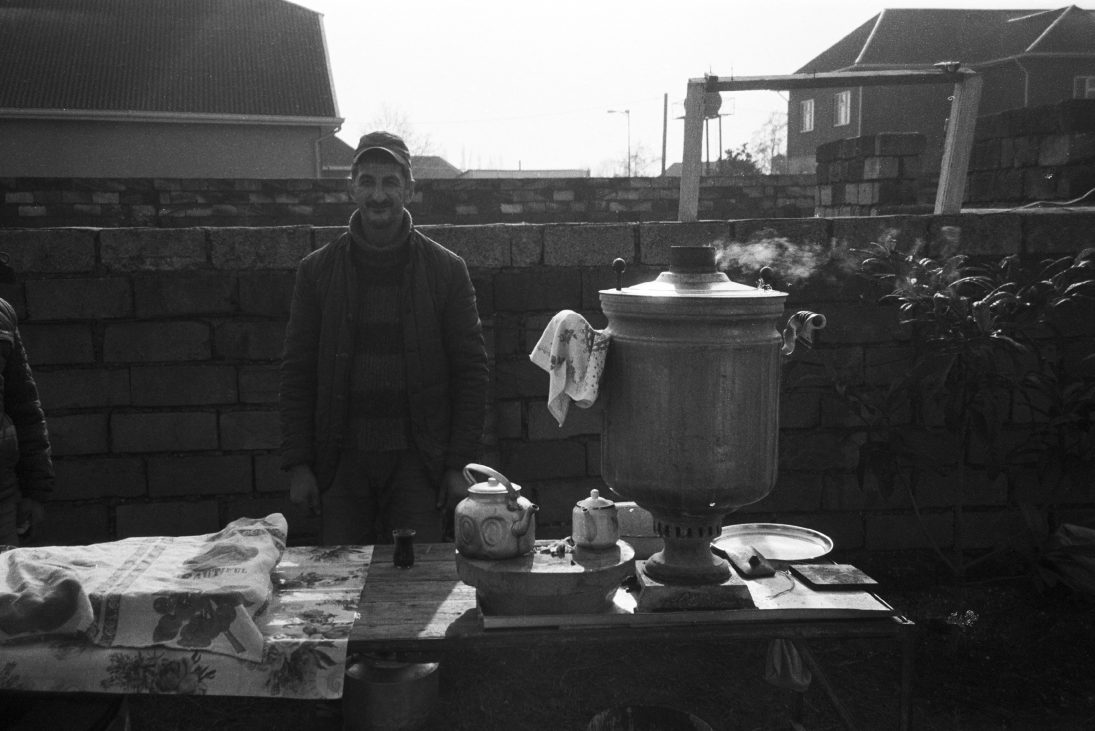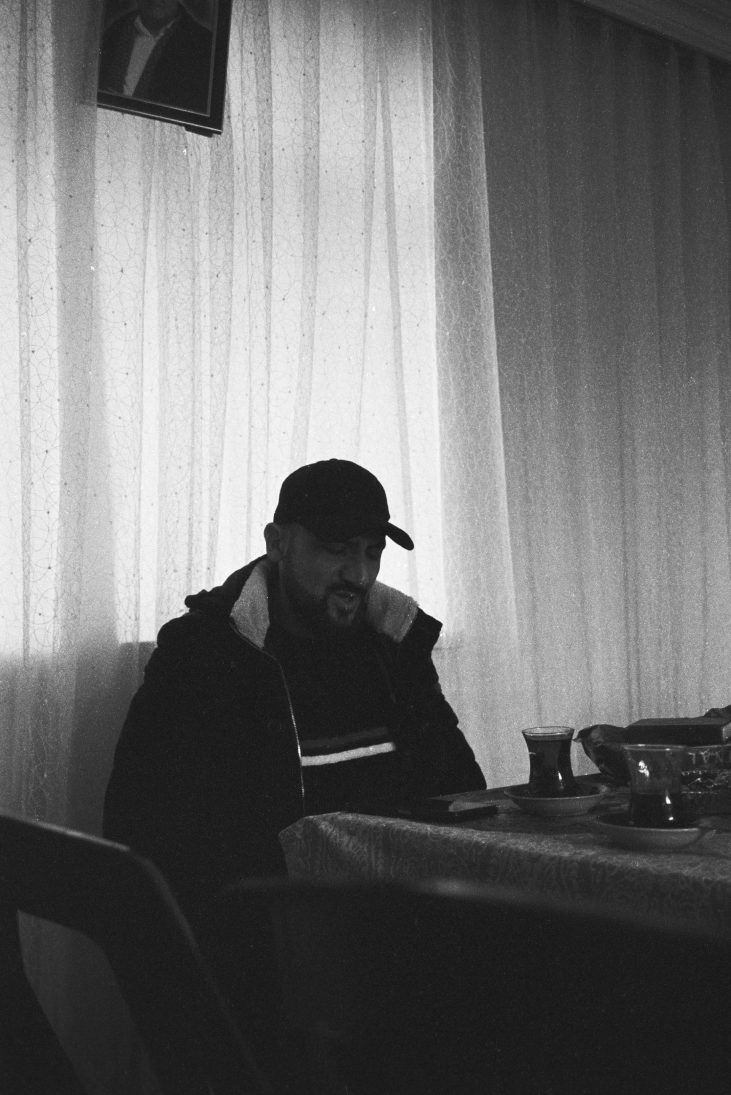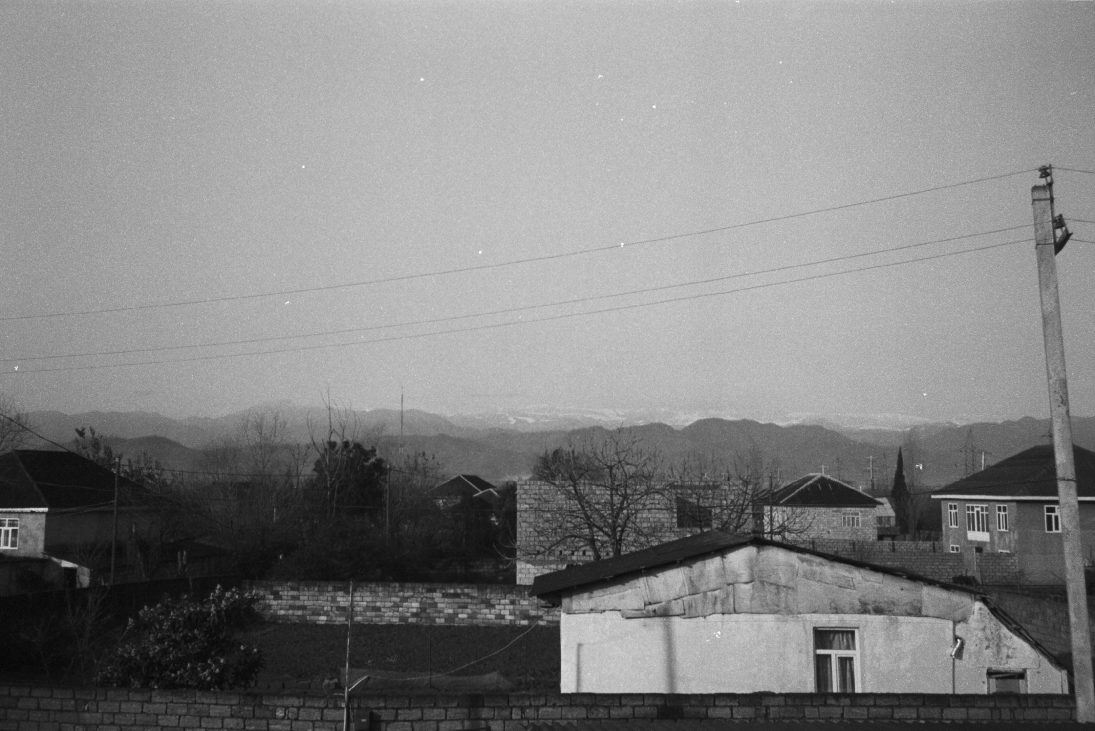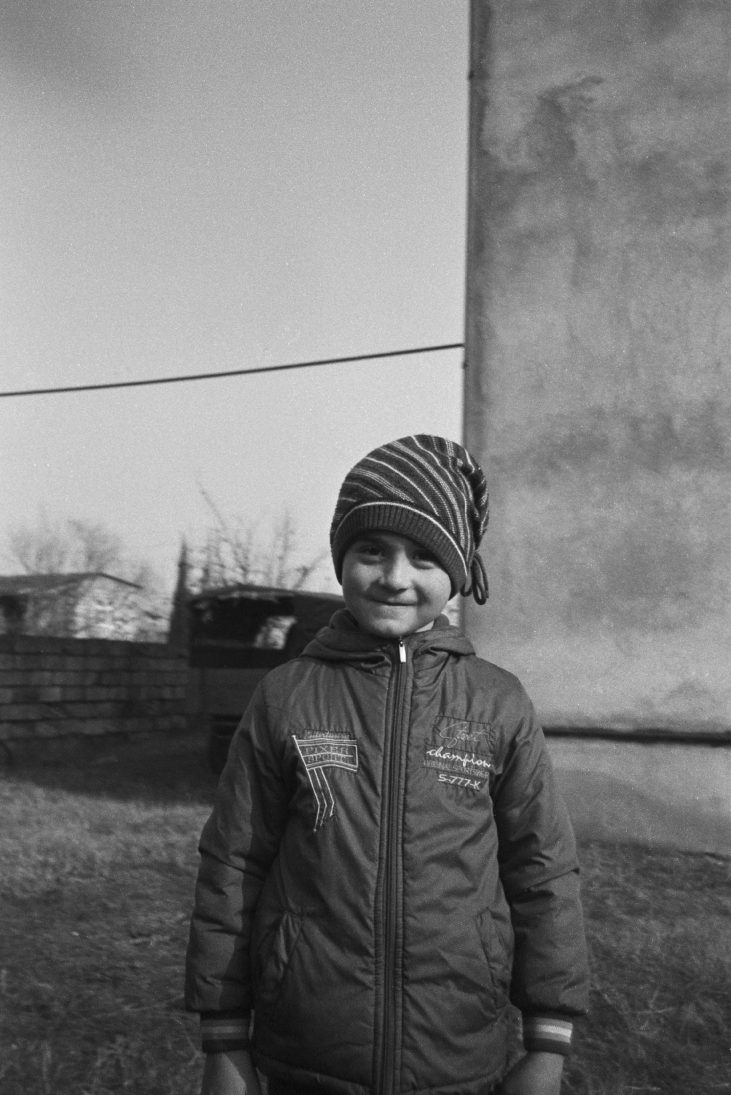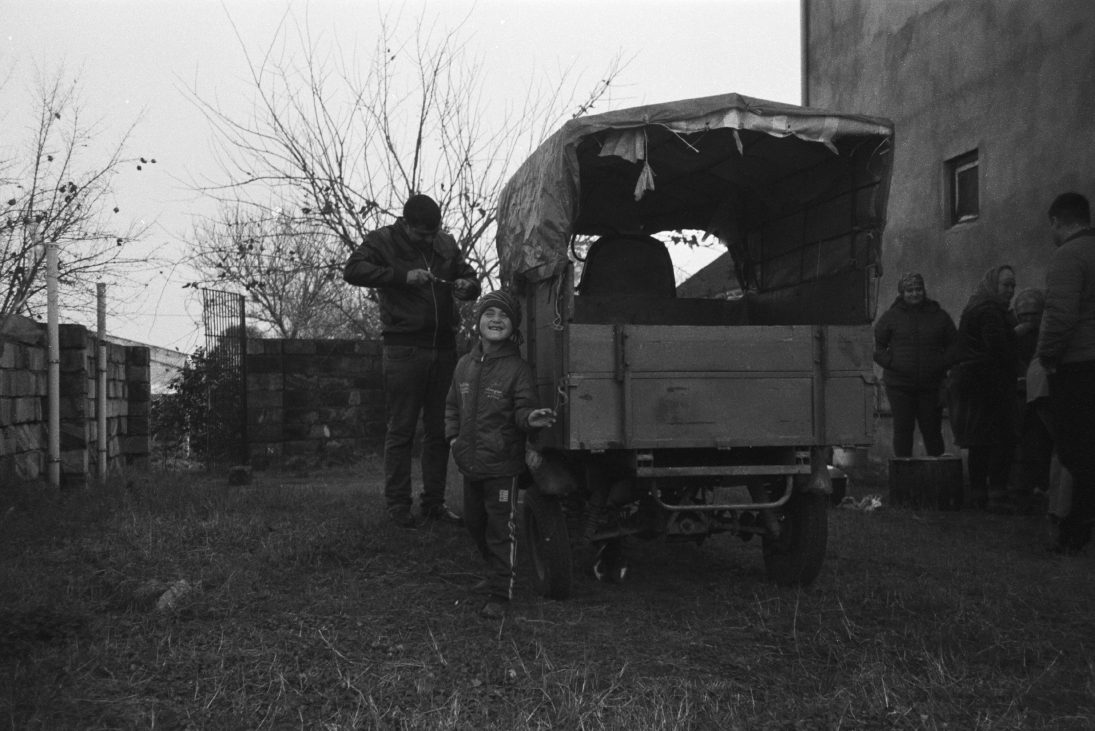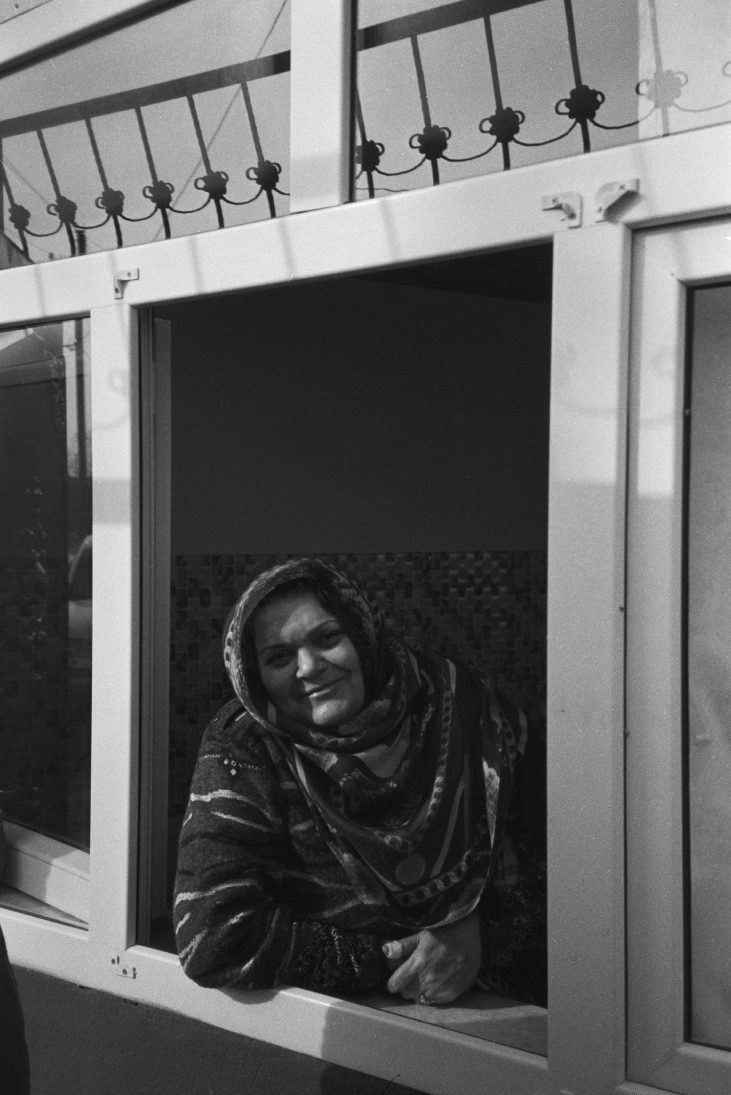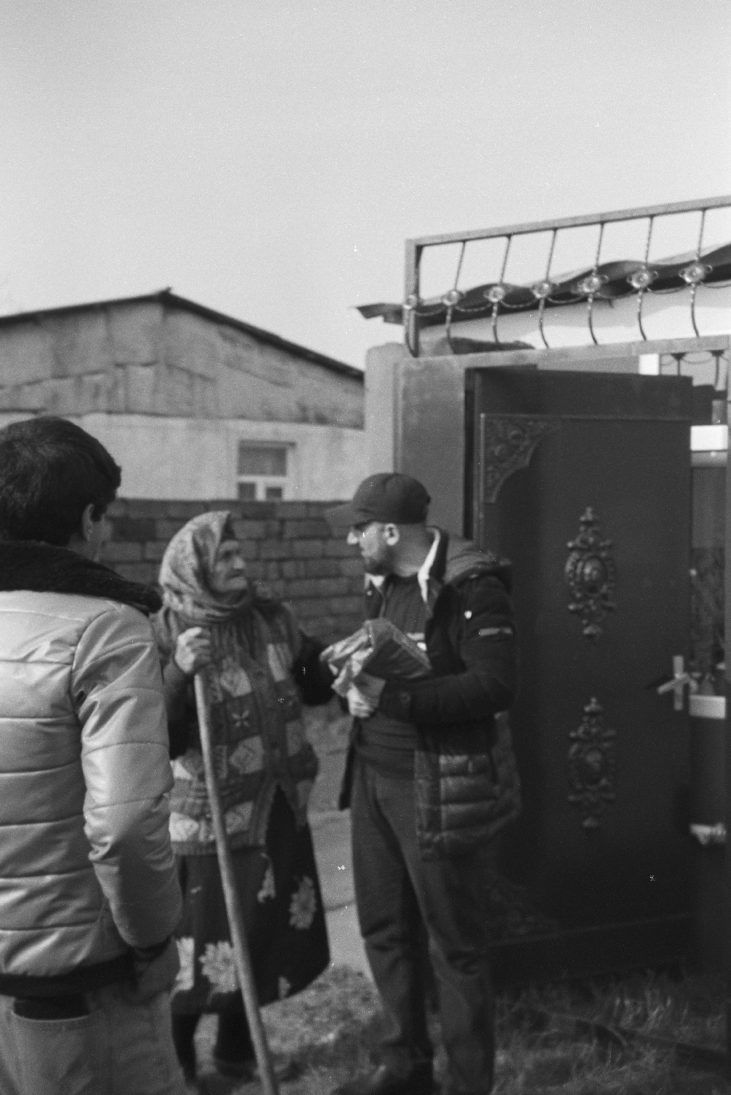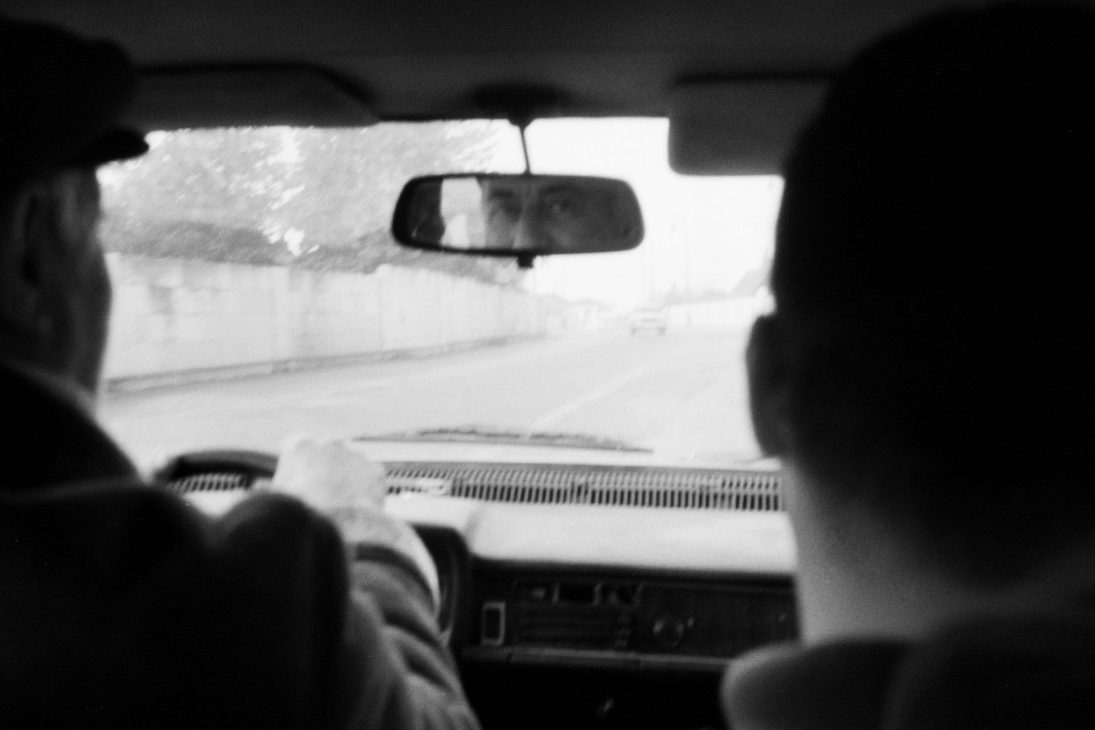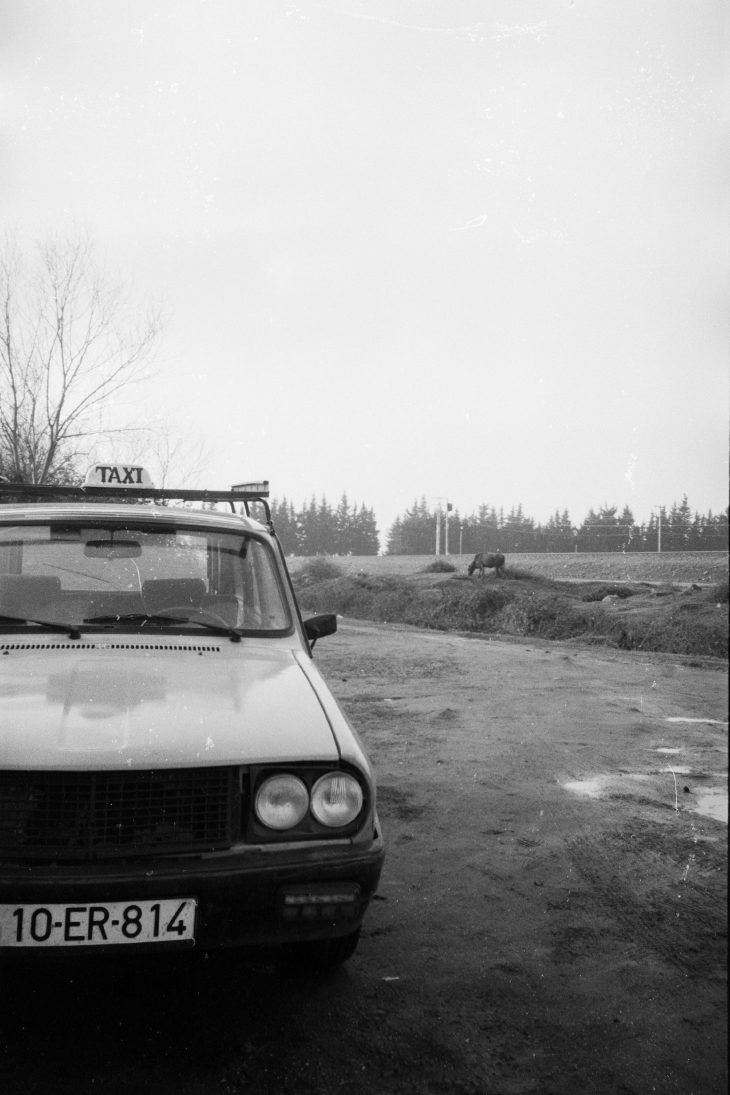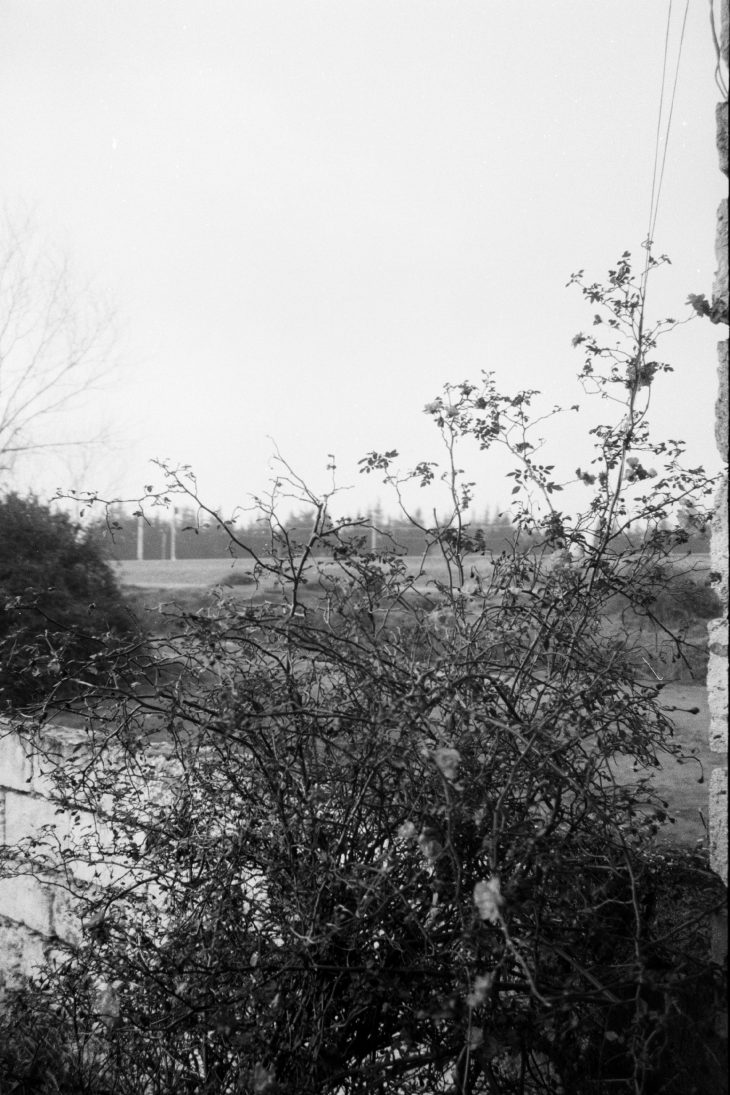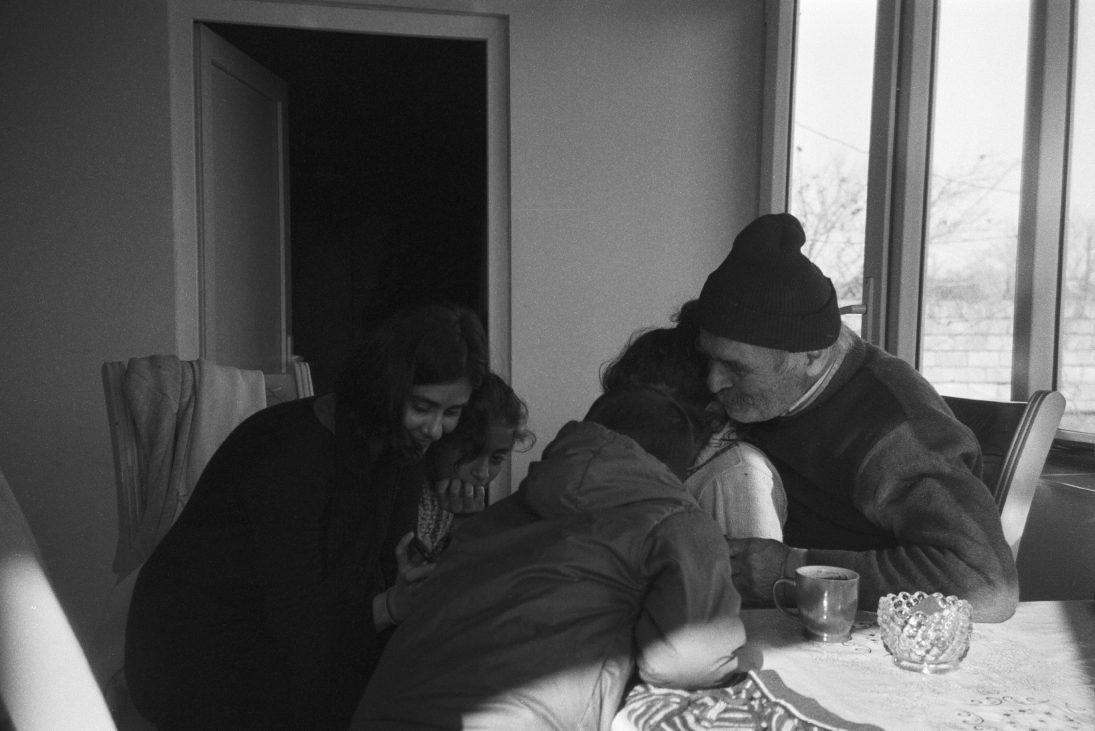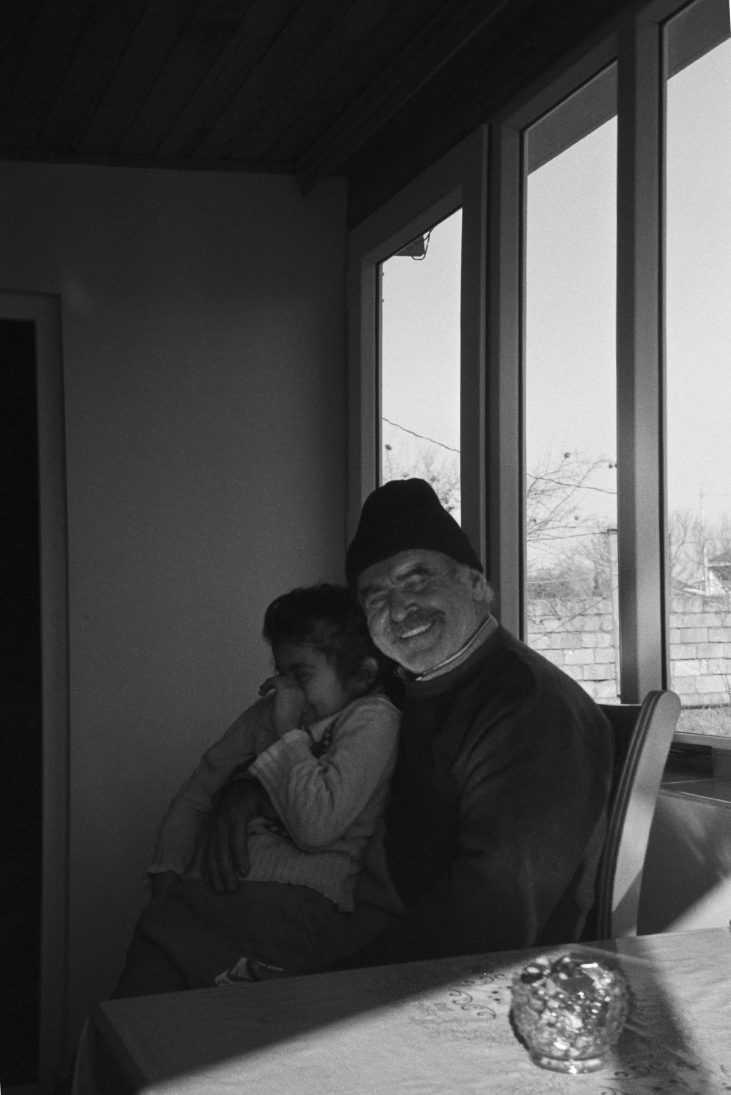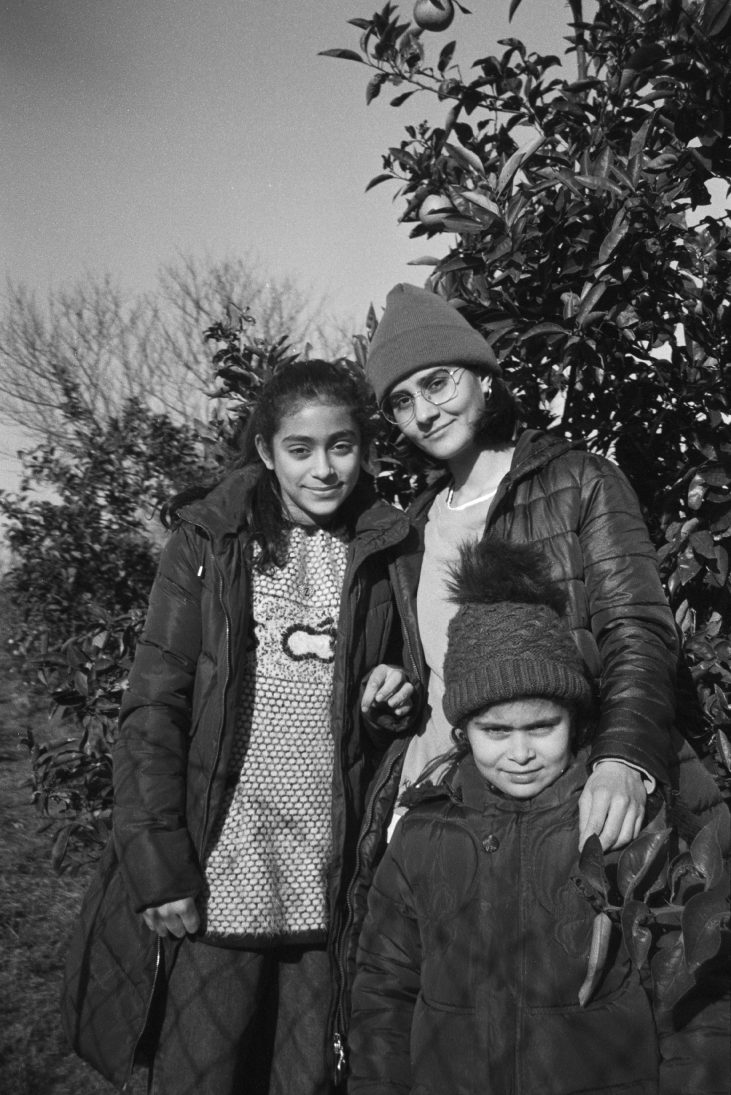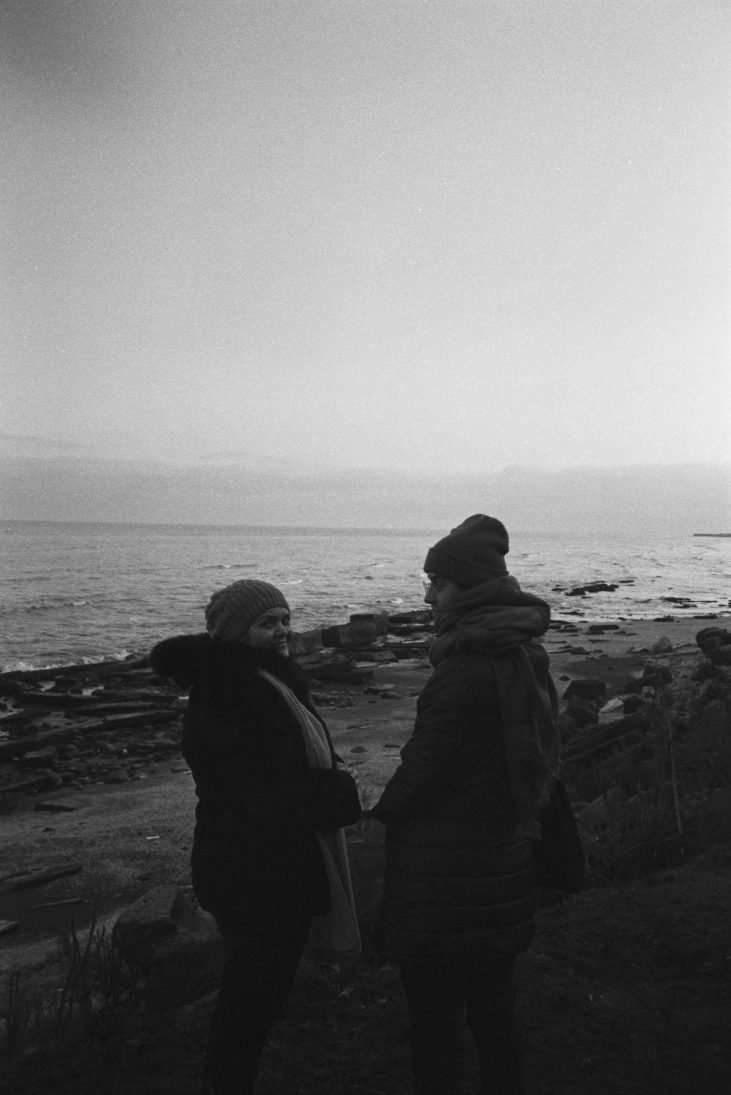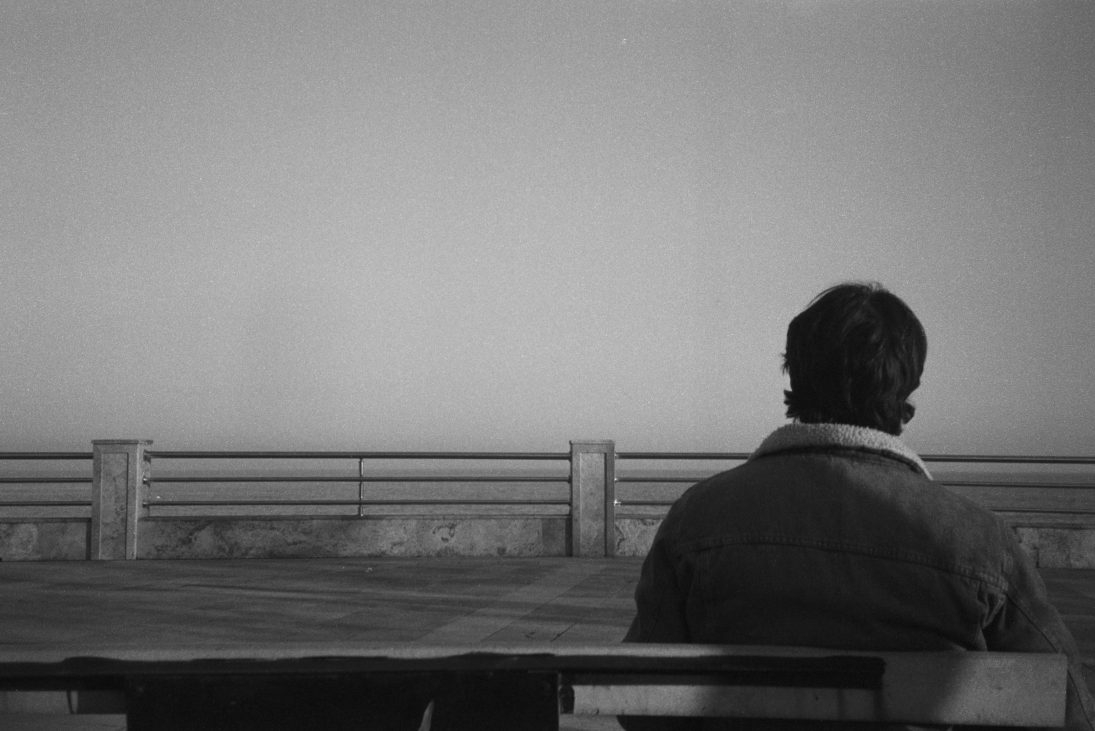Last week I discovered the Naval podcast’s episode on how to get rich and wrote a summary of it. The episode is 3,5 hours long, so if you’re short on time, read this summary to get core ideas and tenets of this conversation.
There’s also a transcript of the episode on Naval’s website. But to me it also seems to be too long to absorb.
On wealth and money
Wealth is about independence and freedom. Wealth is creating abundance. It’s a positive-sum game.
Status is a ranking hierarchy. It’s a zero-sum game. Status games are about putting someone down. Don’t play them.
Money is social credits. It’s how we transfer wealth.
Everyone can be wealthy. It’s literally a question of education and desire.
Creating wealth should be consistent. Create opportunities, businesses, investments. Wealth is about having more options, more businesses and more things you can do and compound in the long-term.
Wealth is bounded with a skillset, it has nothing to do with luck. Build your character and make it become your destiny. That’s what people call “luck”.
Calm mind, fit body, a house full of love. Those things can’t be bought. You have to cultivate them and work on them. Your health, mental health, your relationships.
On building wealth
Extreme people get extreme results. You can’t be normal and expect normal returns.
You won’t get rich by putting in more hours of work or working for someone. It’s not the way to build wealth. Inputs equal outputs.
When you work for someone you’re not creating anything new for society, you’re replaceable.
Ways to get wealthy are to buy equity or to start a business.
The higher level of creativity in your profession the more likely it will have disconnected inputs and outputs, and more leverage.
The most dangerous things are heroine and monthly salary. They’re similarly very addictive. Live below your means.
Play stupid games, get stupid prizes.
To get rich give society what it wants but yet don’t know how to get that at scale. But don’t build one thing, build many: hundreds, thousands, etc.
Entrepreneurship is about distributing what rich people used to have to everybody. It’s an act of creating smth new from scratch, predicting society will want it, and then figuring out how to scale it and deliver it to everybody in a profitable way and self-sustaining.
Escape competition with authenticity. When you’re competing with someone that’s because you’re copying them. You’re trying to do the same.
Don’t copy, don’t imitate. Do your own thing. No one can compete with you on being you. The more authentic you’re the less competition you’re gonna have.
Play long-term games with long-term people. In this case we’re baking a pie together. In short-term game we’re cutting the pie.
Pick an industry for the long-term work to compound the results. Get traction and don’t let go.
Every time you reset, you will have to start from scratch. Hopping from one sphere to another is not a good idea.
The purpose of having wealth (money) is that money allows you not to be in a particular place at a particular time to do things you don’t want to do. Money solves all your money problem.
You really have to be right once. As an entrepreneur you fire many shots, but you really need to get right once.
Eventually you get what you deserve. Immediate doesn’t work. You have put in hours and time before you see significant results. Keep doing and keep doing and don’t track hours, time and energy you’ve put in. It can easily be 10−20 years. Five years is an exception. There are no get rich quick schemes.
Your outcome formula might look like this: distinctiveness of your specific knowledge x how much leverage you can apply to that knowledge x how often your judgement is correct x how singularly accountable you are for the outcome x how much society values what you’re doing x how long you can keep doing it and improving through reading and learning.
[Soon there’ll be a sketch of a math equation]
Don’t lean on the data too much. You’re better off picking the one biggest thing.
Ask yourself what is it I am good at according to the observation and according to people that I trust and that market values?
Those two variables are good enough to get you going. And if you’re good at it you’ll keep it up. And if you’re good at it you’ll develop the judgement. And if you’re good at it people will give you resources. All other pieces will fall in place. Market place is inevitable if you do what you love doing and the market wants it.
On relations with people
Pick smart, energetic and those who have a high integrity partners. Both in personal life and at work.
True motivation is intrinsic. You can’t talk people into something if they don’t have it in them.
Signals are what people do despite what they say. And subtle signals are the most important. People are ugly consistent.
Find irrationally ethic people. Be a rational optimist and partner with this kind of people. Shoot holes and things as long as they come with solutions.
Self-esteem is a reputation you have within yourself. High self-esteem is about loving up to high moral standards for yourself, not for someone else.
On learning
Not everything can be taught, but everything can be learned.
Arm yourself with specific knowledge. It’s about pursuing your innate talents, passion and curiosity. It’s not about going to school.
Learn to sell and to build. Combine of that is a huge superpower. This combination is unstoppable.
Building is about staying out of the noise. When you’re starting out, choose building. But later down the line it’s getting exhausting, because building requires a lot of focus. But sales skill is scaling better over time.
I don’t know smart people who don’t read. They read all the time. Develop love for reading. For many of you it can feel like a chore. So here’s a trick: read what you love until you love to read. It’s that simple.
Read original, foundational books in the field you’re interested in. Nail basics of math, physics, and science. After that you won’t be afraid of any other books. It’s like laying a foundation for a skyscraper. It must be solid.
Today it’s not the means of learning is what scarce. Internet has an abundance of knowledge and information. It’s the desire that is scarce. And we lose it through life. As children we have innate curiosity, we ask lots of questions. But schools replace it with compliance. You need creativity to learn and find novelty. The foundation of learning is math and logic. They are the path to understanding a scientific method. It’s the way to separate truth from false.
Be careful reading other people’s opinions. Even be more careful about reading facts. Many so called facts are just opinions with a veneer around them. What you are looking for are principles and algorithms, not facts.
Go through a book slowly. As Bruce Lee said, “I don’t fear a man who knows thousand kicks and thousand punches. I fear the man who’s practiced one punch a thousand times.” It’s an understanding that comes through repetition, usage, logic and foundation is what really makes you a smart thinker.
As Bruce Lee said, “I don’t fear a man who knows thousand kicks and thousand punches. I fear the man who’s practiced one punch a thousand times.”
Five most important things to learn in life are: reading, writing, arithmetic, persuasion (talking), computer programming. If you’re good at those things you’re set for life.
Business is not a skill. It’s too broad. And the worse way to learn doing business is to go to a business school. All you get there are anecdotes which they call case studies. The truth is that you never can understand them until you’re in the position of those who’ve had that experience. The foundations will serve you so much better.
Reading is the best way to learn fast. Not listening or watching. With podcasts and videos it’s hard to rewind, revisit, turn into a summary, or even quote.
You’re going to learn on the job by opening a retail shop down the street.
Putting a thousand of hours doing one this is a misinterpretation of learning. Repeating things won’t teach you that much. Whereas putting is a thousand iterations makes the difference. Learning curve is across iterations. Trying new things, strategies, packages, branding, fonts, design, positioning—all that are iterations.
There are no get rich quick schemes. If someone promises and sells you a way to get rich quick they’re making money of you. It’s their quick way to get rich quick, not yours.
You don’t want to learn how to be fit from a fat person. You don’t want to learn how to be happy from a depressed person. You don’t want to learn how to be rich from a person who makes their money by telling other people how to be rich. These people should go make their money elsewhere.
On work
Your work should feel like play to you and look like work to others.
Just do the thing you want to do. Have an action bias. Think big.
Focus on the thing you’re really into. Follow your own obsession. Build things naturally, don’t try to do them too deliberately, for money.
Double down on things you’re natural at. Combine them with other your skills.
Starting over and doing something new is painful. Because you’re wandering an uncertain territory and high odds that you will fail. So it’s a good skill to be comfortable with frequent small failures.
Entrepreneurs are people who bleed a little every day. They’re losing money, they’re constantly under the stress, all the responsibility is upon them. But when they win they win big. On average they’ll make more.
If you can outsource or don’t do things that cost less than your hourly rate, don’t do them. Hire other people, delegate and outsource it.
You should set an absurdly high hourly rate so it would be worth sacrificing your time to other people. My hourly rate was 5,000 $.
Paul Graham: you should be working in your product, finding a market for, exercising, and eating healthy food. That’s it.
Work as hard as you can. Pick the right thing to work on, hire the right people for that job, then work hard. Again, decide what you should be working on, surround with the best people possible to work with, work as hard as you can in the end.
Sprint, rest, reassess, and then you try again. It’s more like a lion hunting, not a marathon. Maybe a marathon of sprints.
Inspiration is perishable. Do it right away while it’s burning.
Have impatience with actions and have patience with results.
Solve problems as soon as possible.
On meetings
No meetings on the calendar: ruthlessly and constantly decline meetings. If someone wants a meeting, see if they can do it on a phone call, or an email, or a text message.
Do walking or standing meetings, also they should be short and certain.
Busy calendar and busy mind will destroy your ability to build something valuable in this world. You need a free time and free mind.
On accountability
Accountability is a risky, double edged thing. It allows you to get credit when things go well, and bear the brunt of the failure when things go badly. People who’re stamping their names on things aren’t foolish, they’re just confident.
Society says to us, “Don't stick your neck out.” We’re still socially hard-wired to not fail in public under our own names. But people who have an ability to do that gain a lot of power.
Clear accountability is important. It gives incentives to act and allows to avoid situation we all experience at school on a group projects when few people did most of the work and other members of the group were simply sitting there and doing nothing. Besides, accountability gives you equity, it’s the way to acquire a piece of the business.
High accountability means you’re less likely to be replaced by AI or more competent people. It also gives you equity. But equity also is a risk-based instrument. It means you’re paid the last.
On leverage
To get rich you need leverage. It comes in capital, labor, media or code. To get those things you need credibility and you have to do that under your name as much as possible.
Oldest form of leverage is labor. We assume the more people is beneath you the better. But labor is the worst form of leverage you can use. Managing other people is messy, it requires a tremendous leadership skills. You want a minimum amount of people working with you.
Capital is the second type of leverage. It requires more intelligence to use and get results as the way we use capital is constantly changing. We dislike capital as we don’t really know how to be about it. It seems unfair to us. It scales very well if you learn how to manage it, but the hard part about it is to obtain it in the first place.
Apps that has no marginal cost of replication is a new form of leverage. It got started with a printing press. Now you can multiply your efforts without help of other humans and without needing money from other humans. This podcast is a form of leverage. Long ago I had to sit in a lecture room and reach 20−50 people max. Today thousands of people can listen to what I say and it would cost me nothing.
Combining different leverages is where the magic hides. That’s why you see tech startups skyrocketing.
The great thing about code or media leverages is that they are permissionless. You can start using them without asking anyone for a permission. Coding, writing books, recording podcasts, tweeting, youtubing are equalizing. Products created with this new kinds of leverage are equally available to everybody and they’re great at scaling as there’s no marginal cost for adding another user.
The largest budgets get the highest quality.
Productize yourself. Turn your specific knowledge into a product. Turn yourself into a product. This newsletter is called after me so I am productizing myself with this emails. Ask yourself is it authentic to who I am? Is it myself that I am projecting? Am I productizing it? Am I scaling it with labor, with capital, or with media?
Making money isn’t a skill, it’s who you are stamped out a million times.
Making should be a function of your identity and what you like to do. Find three hobbies: one that makes you money, one that makes you fit, and one that makes you smarter. My hobbies would be reading, working with startups, and yoga.
On advice
You have to reject most of advice. But to do that you have to read and listen enough to learn what to reject and what to accept. You have to develop your own opinion and vision. If something doesn’t feel true to you set it down, put it aside.
Purpose of advice is different. Those are maxims to remind yourself what it really means to be in the situations you describe in the advice. Write advice for yourself. They are mental hooks. For example I tweeted someday: “If you don’t want to work with someone for life, don’t work with them for a day”. As soon as I know that I don’t see myself working with that person 10 years from now I start excavating myself from that relationship or just not to invest too much time and attention into them. Advice is a compact ways to recall your own knowledge.
If you don’t want to work with someone for life, don’t work with them for a day
QA section
- Accountability means letting people criticize you.
- We should eventually be working for ourselves. Manage more capital, media, and community, not a labor.
- Evil do better at a smaller organizations than at larger ones.
- Find time to invest in yourself. Learn something people didn’t figure out how to teach it yet.
- The hardest thing for any founder is to find people who will work with them who have a founder mentality. This is a fancy way of saying they care enough.
- You can get a lot out of any position you just have to put a lot into it first.
- Judgement, accountability, specific knowledge, leverage — five components of success.
- Early on find things you have any interest in and take an accountability to offer help and a solution. If you solve a hard problem taking an accountability, people will line up behind you, the leverage will come.
- Judgement and accountability matter much more today than the amount of hours put in.
- Accountability is a double edged sword. If you get things right people will admire and follow you. If you get things wrong people will blame you and would love to see your head on a spike (metaphorically).
Questions to ask yourself
Here’s a list of questions to ask yourself after listening to the episode:
- What is my specific knowledge? What is my innate talent? What should I double down on doing?
- Who am I? What’s natural for me to do? What is the thing I am the best at?
- What is the thing I want to build naturally?
- What does it mean to be me?
- What am I capable of doing? What will I do for my wife, my kids, my parents? How far will I go?




















